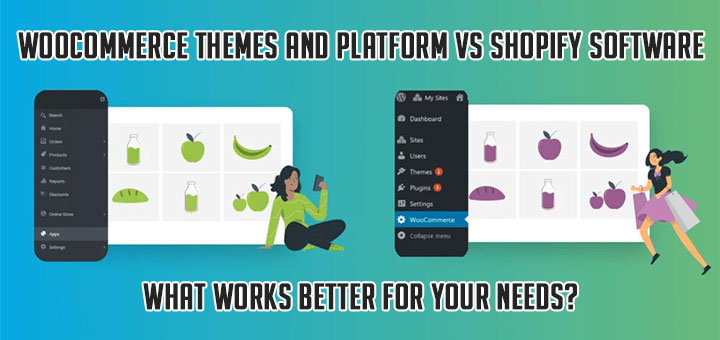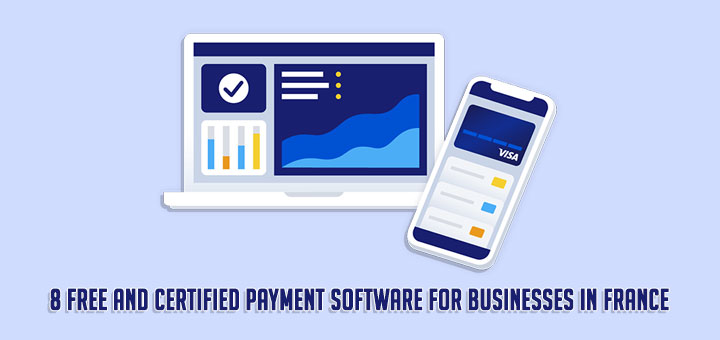10 Lessons Are Critical To Ecommerce Success
Here are 10 lessons that are critical to ecommerce success:
- 1. Your Niche Matters — A lot!
- 2. Photos Are Key for Building a Brand
- 3. Epackets are Worth It
- 4. Collect Emails from Day One
- 5. Read Relevant Case Studies
- 6. Facebook Ads Aren’t for Everyone
- 7. It Takes Time
- 8. Spend Time on Copy to Earn Trust
- 9. Buy Samples of Your Products
- 10. Participate in the Dropshipping Community
1. Your Niche Matters — A lot!
When you started your Shopify store, you based your store on what you was passionate about, but you didn’t actually research the market size. You’ll want to do at least some research into what products are trending using tools like Google Trends. It’s way easier to sell something that people are actively looking to buy.
2. Photos Are Key for Building a Brand
High quality photos can help build up your brand, gain a buyer’s trust, and ultimately get you more sales. Make sure you’re using photos that are licensed for commercial use as well.
Eg: burst.shopify.com, www.shutterstock.com, depositphotos.com
3. Epackets are Worth It
Let’s face it, sometimes drop shipping doesn’t result in the fastest deliveries. E-packets are a commonly available shipping option that cost a couple extra dollars, but provide your customer with tracking info and faster shipping times. This will save you lots of customer service inquiries in the long run!
4. Collect Emails from Day One
Email can be an amazing source of repeat buyers, but you need to give your site visitors a reason to sign up. You should use Mail Chimp for your online marketing because it’s free and their email collection popups are easy to install on Shopify stores. Whatever service you choose, don’t launch your store without having a plan to start building your email list.
5. Read Relevant Case Studies
There are countless guides and case studies online about very specific niches, like How to Start a Bluetooth Speaker Business or How to Dropship Jewelry. So while you don’t want to procrastinate by reading case studies, it’s definitely worth reading a few of them to get a handle on the specifics of your chosen product category and target audience.
6. Facebook Ads Aren’t for Everyone
Early on, a lot of people wasted time and money trying to “crack” Facebook ads, since a lot of people in forums talked about them like they were the Secret Sauce of ecommerce. Over time, you will realized that you need to figure out the right channel for your niche and your margins.
Actually, you will found a lot of success using Instagram influencers, but you need know they don’t work for everyone. Whatever you’re selling, don’t get too caught up on trying to make one specific sales channel work.
7. It Takes Time
If you want to build a business that will last, you’ll need to be ready to invest time into not just starting the store, but scaling it and supporting it as it grows.
8. Spend Time on Copy to Earn Trust
There are two things to consider when it comes to earning users trust.
- Firstly, you need to make sure you’ve filled out your FAQ and About Us sections with honest and helpful information.
- Secondly, you’ll want to use a service like Grammarly to ensure you don’t have typos or awkward sentences that are betraying your brand.
9. Buy Samples of Your Products
As any seasoned dropshipper will tell you — you should test your products before you start selling them online. This will be a small investment up front, that will help you make better supplier decisions, write more authentic marketing copy, and handle customer support in the future.
10. Participate in the Dropshipping Community
There are tons of Facebook groups and forums where you can connect with likeminded individuals and get realtime feedback on your store. Not only will you learn tips and tricks, but you’ll benefit from the sense of community — dropshipping can sometimes be a bit lonely, so it’s important to connect with others in the industry.
Good luck!
Cam Williams (Quora)








